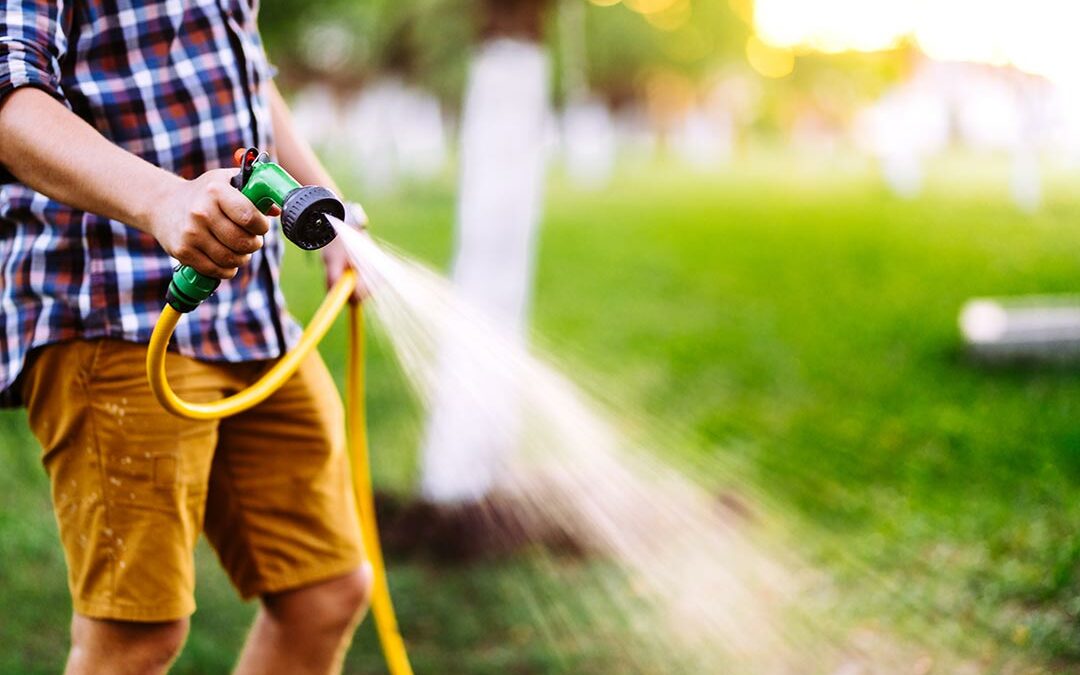One of the best things about living in Florida is that you are never far from the beach. Unfortunately, along with the beauty of the ocean and relaxing sounds of the sea comes the oft-overlooked downside – dealing with saltwater in the air that can have damaging effects on your home. The closer you are to the beach, the more salt air there will be, leading to corrosion. However, you can do a few things to help mitigate damage.
During construction, select materials that don’t easily corrode. Avoid metal, use fiberglass for windows and doors, pressure wash annually, coat exterior metal with salt neutralizers, or use stainless steel. Try not to leave anything outside, especially books, leather, art, bicycles, and boats. Rinse it with fresh water on your bike or other metal items if you get salt water. The same goes for outdoor furniture and watercraft. Be sure to rinse everything off before putting it away for the season. Salt crystals left on metals will build up and degrade the material over time. Your home will also need to be repainted regularly. The salt air will cause paint to chip more quickly, and, if left untreated, the structure will incur damage. Wood, brick, plaster, and concrete are susceptible. Electronics and appliances are highly vulnerable to salt damage.
Moisture build-up and sand exposure are also damaging factors when living near the ocean. Trap moisture is a breeding ground for mold, eating away paint. A dehumidifier can help to limit the effects of salt in the air.
When deciding what type of materials to use when building your home, you need to consider the damage caused by salt air. Passage Island Construction can help you with durable materials that stand up to damaging salts.

